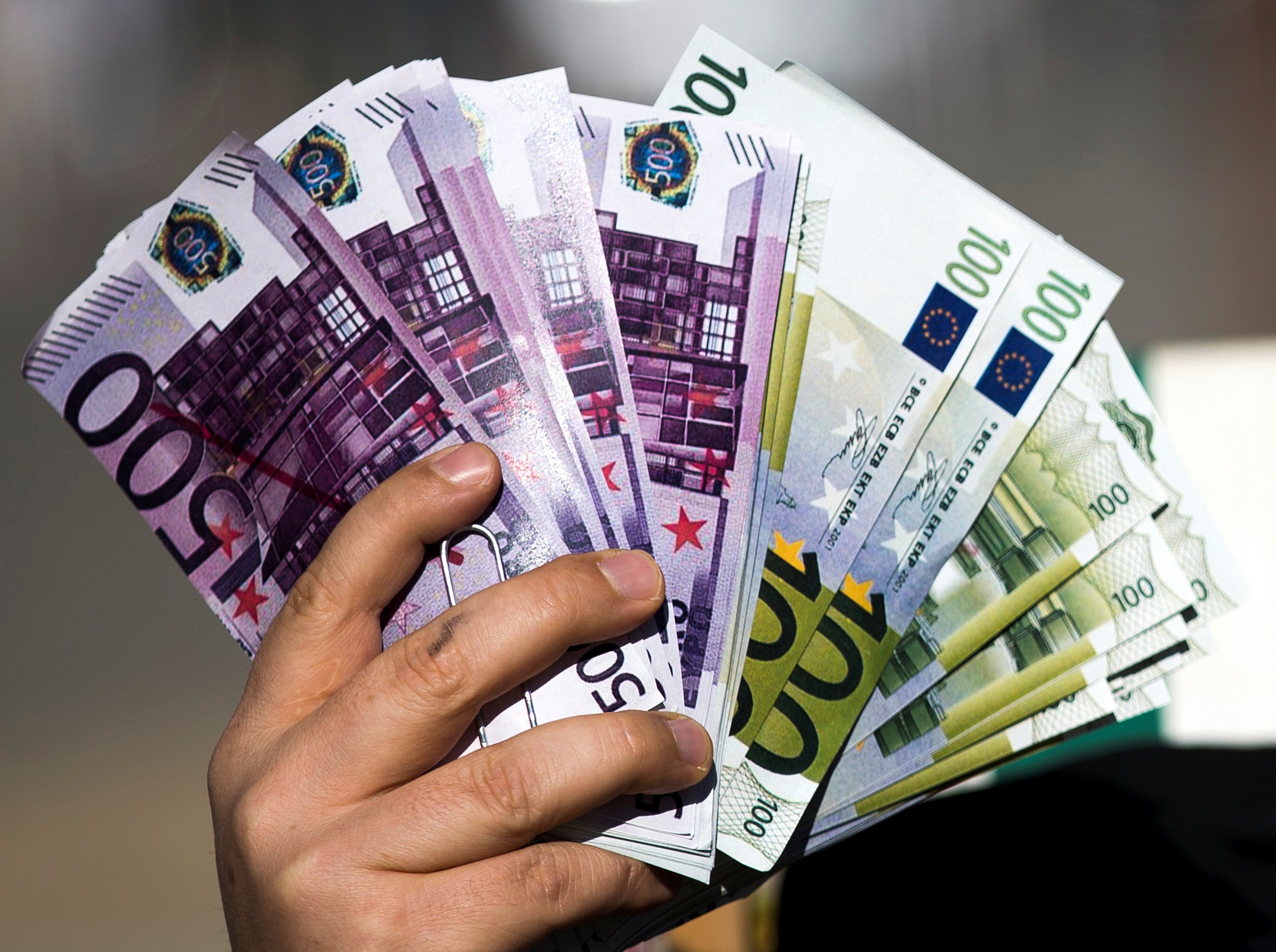
Facing pressure to disclose more information on how the world's wealthiest people may be avoiding their taxes, the International Consortium of Investigative Journalists and German newspaper Süddeutsche Zeitung released on Monday a searchable database of the Panama Papers, detailing names, banks, trusts and other entities participating in offshore tax shelters.
Among them are top American banks, including Bank of America, Wells Fargo, JPMorgan Chase, Citigroup, Morgan Stanley and Goldman Sachs. The database also named foreign banks with a strong presence in the U.S., including HSBC, Barclays, Deutsche Bank, BNP Paribas, Société Générale, ABN Amro, Credit Suisse and UBS.
None of the banks were immediately available for comment on Monday, but all have declined to discuss the Panama Papers with Newsweek since the massive trove of data was originally revealed April 3 by the International Consortium of Investigative Journalists, a Washington-based nonprofit, nonpartisan research group, along with hundreds of its partner media organizations and Süddeutsche Zeitung, which received the initial Panama Papers leak from an anonymous source in 2015.
Tax shelters are frequently legal vehicles; a 401(k), for instance, is technically a tax shelter. But because they tend to shield financial activities from view, they may also conceal illegal behavior such as bribery, serious financial crimes or tax dodging.
For many banks, global wealth and investment management, which can sometimes involve setting up tax shelters, brings in enormous fees that amount to hundreds of millions of dollars a quarter. For example, Bank of America's global wealth and investment management arm brought in nearly 20 percent of its total earnings last year. (The bank, which reported the numbers in its latest annual report, declined to comment further.)
The U.K.-based Tax Justice Network, a nonprofit that investigates global tax shelters, estimates that nearly 75 percent of all offshore private wealth is either directly or indirectly concentrated in the hands of the world's top 50 private banks, particularly about 20 financial institutions, which each have at least $100 billion in private cross-border assets under management.
From 2005 to 2010, these banks included UBS, Credit Suisse, Citigroup, Morgan Stanley, Deutsche Bank, Bank of America, Merrill Lynch (since 2009, the wealth-management division of Bank of America), JPMorgan Chase, BNP Paribas, HSBC, Goldman Sachs, ABN Amro, Société Générale and Barclays, according to the Tax Justice Network. Their total private assets under management came to $12.2 trillion but are thought to have grown since then, the nonprofit says.
While many global big banks do not openly promote advisory services for tax shelters, they do advertise financial planning that can include these services. Some have recently found themselves pulled into legal tussles, including one in 2012 where a U.S. businessman blamed UBS for giving him poor legal advice that resulted, he claimed, in his decision to plead guilty to tax evasion.
The searchable trove of documents released on Monday covers more than 200,000 offshore entities and spans nearly 30 years of records derived from Panama law firm Mossack Fonseca, through 2010. The firm says the data may have come from a hack and denies any wrongdoing.
The database represents a fraction of the entire cache of Panama Papers documents, says Hamish Boland-Rudder, online editor for the International Consortium of Investigative Journalists. He told Newsweek on Monday that the streamlined data aimed to omit individuals' personal information, emails and financial details. He says the database intends to mainly show the full range of directors, beneficiaries, shareholders, foundations, trusts, companies and funds incorporated in 10 offshore jurisdictions, including the British Virgin Islands, the Cook Islands and Singapore.
"It's not a data dump," he says, "but a release of data in the public interest."
Boland-Rudder stated that his organization has no intention of releasing all 2.6 terabytes of documents that make up the totality of the Panama Papers. But the anonymous source behind the original leak—known only as "John Doe"— issued a 1,800-word statement through Süddeutsche Zeitung and the International Consortium of Investigative Journalists on May 6. The statement indicated a willingness to release the full set of records in exchange for greater whistleblower protection.
"In the end, thousands of prosecutions could stem from the Panama Papers, if only law enforcement could access and evaluate the actual documents," the source said.
The source also hinted that the driving motivation behind the Panama Papers' release was an increasingly unfair global financial system that favors the rich and is marred by "massive, pervasive, corruption," according to the statement.
"Income inequality is one of the defining issues of our time," the source said, lamenting how "politicians, academics and activists alike [are] helpless to stop its steady growth, despite countless speeches, political analyses and a few meager protests."
The source also claimed to have no association with "any government or intelligence agency, directly or as a contractor, and I never have." The source added, "My viewpoint is entirely my own."
Since the leak, the Panama Papers have led to the resignation of Icelandic Prime Minister Sigmundur David Gunnlaugsson and embroiled British Prime Minister David Cameron in a scandal over his personally profiting from tax shelters set up by his family.
The revelations have also implicated leaders across Asia, the Middle East and South America and have led to the raiding of multiple Mossack Fonseca offices. The notable exception: American offices, which include locations in Nevada and Wyoming.
Uncommon Knowledge
Newsweek is committed to challenging conventional wisdom and finding connections in the search for common ground.
Newsweek is committed to challenging conventional wisdom and finding connections in the search for common ground.
About the writer
An award-winning investigative journalist, author and speaker, Leah McGrath Goodman writes about money, politics and institutional cultures of corruption from ... Read more
To read how Newsweek uses AI as a newsroom tool, Click here.








